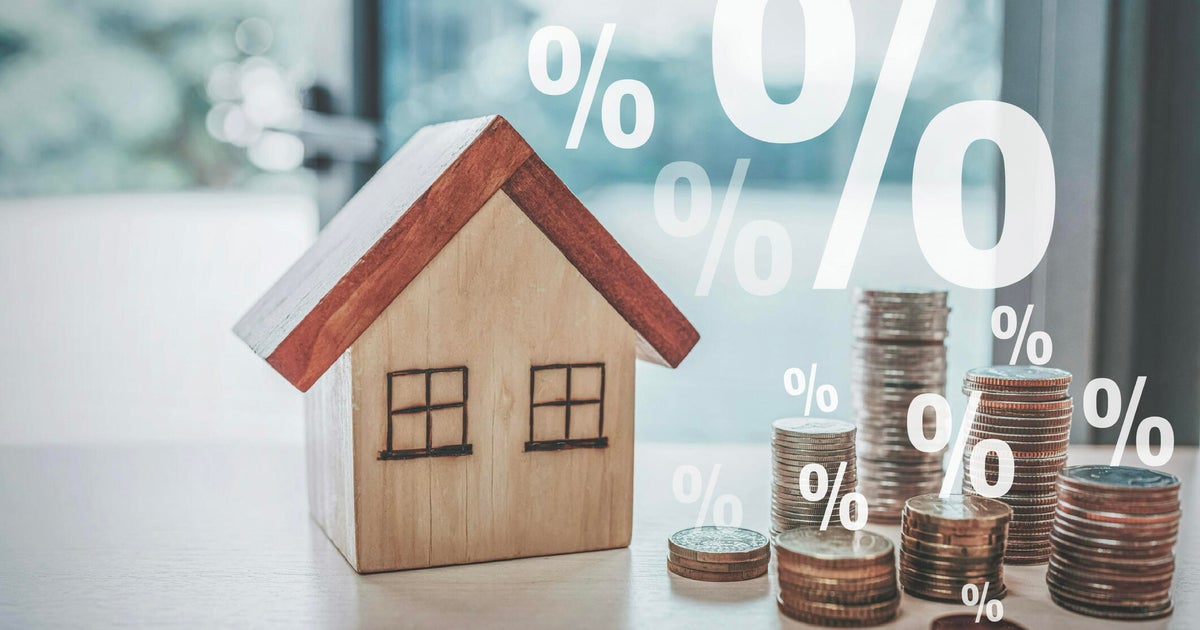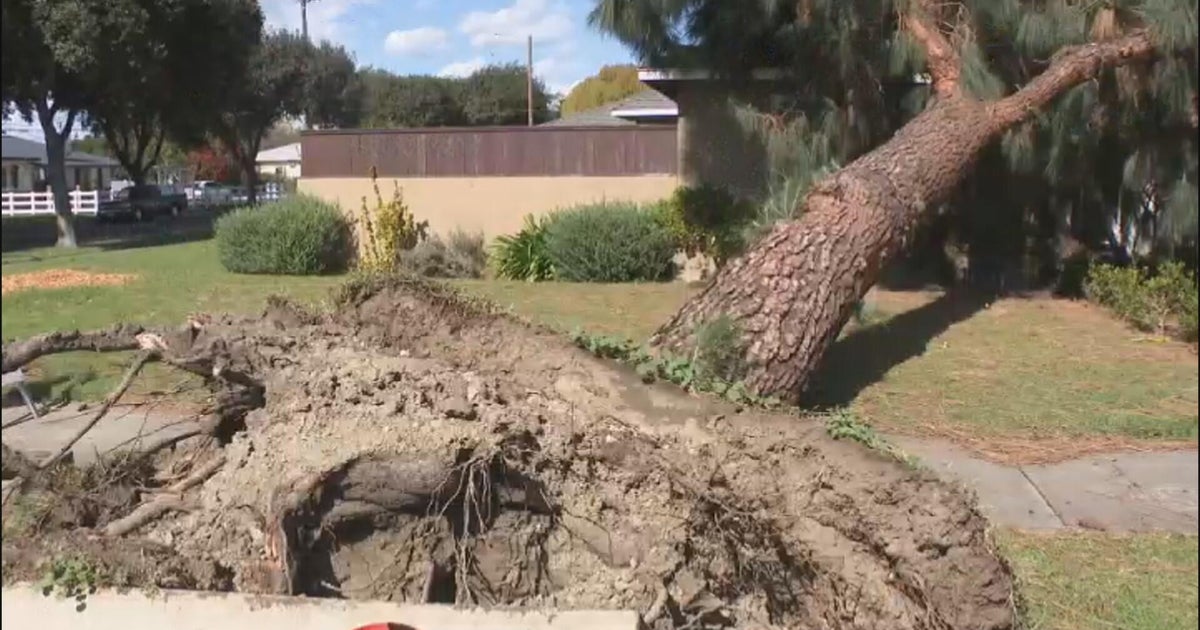Should you refinance your home equity loan in 2025?
When it comes to refinancing your debt, many borrowers first think of their mortgage or, perhaps, their student loan. But home equity loans can also be refinanced to a lower rate.
These products, which allow homeowners to borrow equity from their home in a lump sum, spiked in the high interest rate climate of recent years. But, now, in today's evolving economic climate and with the potential for additional interest rate cuts to come in 2025, a refinancing of a home equity loan could make sense for a wide swath of borrowers. Below, we'll list three reasons why this could be the right move to make now.
Start by seeing what new home equity loan rate you could qualify for here.
Should you refinance your home equity loan in 2025?
Not sure if it's the right time to refinance your home equity loan? Here are three signs it may be:
You can get a rate one full point lower than your current one
If you can refinance your loan to an interest rate one full point lower than your current one, then conventional wisdom says it's worth doing. And if you took out your home equity loan in 2023 or early 2024, the interest rate climate has dropped so significantly that you may already be in this range.
In 2023, for example, home equity loan rates for qualified borrowers were close to the 10% mark. But as of January 7, 2025, they're averaging just 8.41%. So if your current loan has a rate of 9.41% or higher, you could realize substantial savings by refinancing now. For some, even half a percentage point difference could be enough to make it worth taking action.
See how much you could save by refinancing your home equity loan now.
Current payments are difficult to manage
If your current home equity loan payments are difficult to manage, any savings there will help. And this is critical to explore. Since the home in question functions as collateral in these circumstances, it's critical to repay all that's been borrowed to avoid losing your home to the lender. And if refinancing your loan is the way to avoid that scenario, then it should be done, regardless of the potential for additional rate cuts ahead. This noted, refinancing won't be free (it typically costs 1% to 5% of the total loan amount), so you'll need to account for that expense as well, though you may be able to roll it into the overall loan amount and save the upfront costs.
Your financial circumstances have changed
If the rate you locked in a few years ago was high thanks to your credit score – and you've since improved it significantly – refinancing now may make sense, even if you can't quite lock in the lowest rates available. Similarly, if you took out a home equity loan with a 15-year repayment period but now have the financial means to pay it off in 10, it may be worth refinancing to the lower term, even if that results in higher monthly payments for the short-term. In short: If your financial circumstances have changed since you first secured the loan, then a refinance may be worth evaluating this year.
The bottom line
Home equity loans dropped for much of 2024 and may continue to decline further in 2025, opening a window of opportunity for current borrowers to exploit this rate climate by refinancing to a new, lower rate. If borrowers can secure a point (or, in some cases, half a point) lower than their current rate a refinance could prove valuable. Similarly, if their current payment structure is making repayments prohibitive or if their financial circumstances have changed since they first opened the loan, a refinance could be worth exploring now. Just be sure to calculate all the potential savings – and the refinancing closing costs – before acting to ensure that the savings are enough to outweigh any short-term costs to get the lower rate.
Have more questions about refinancing your home equity loan? Learn more here today.




